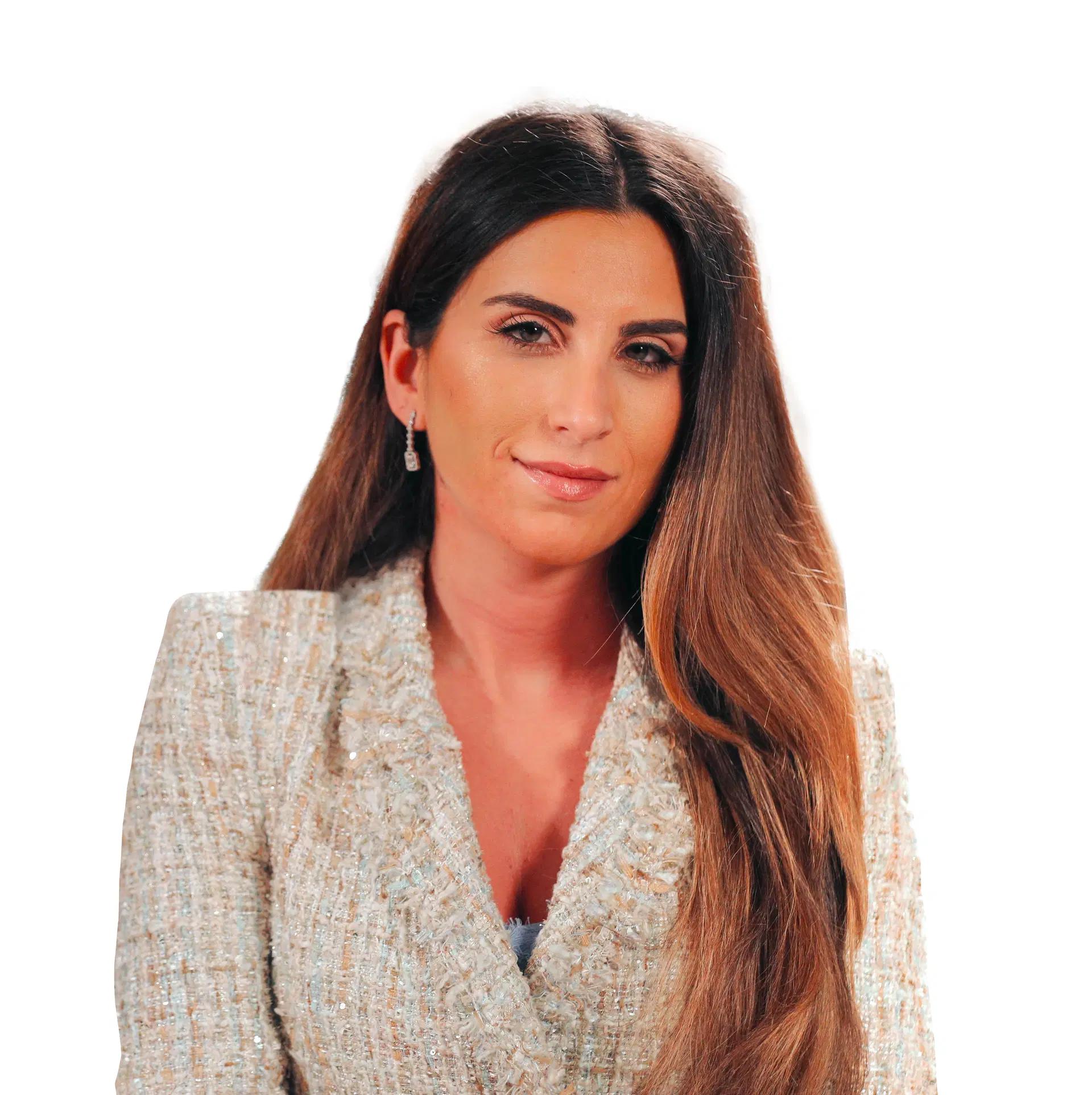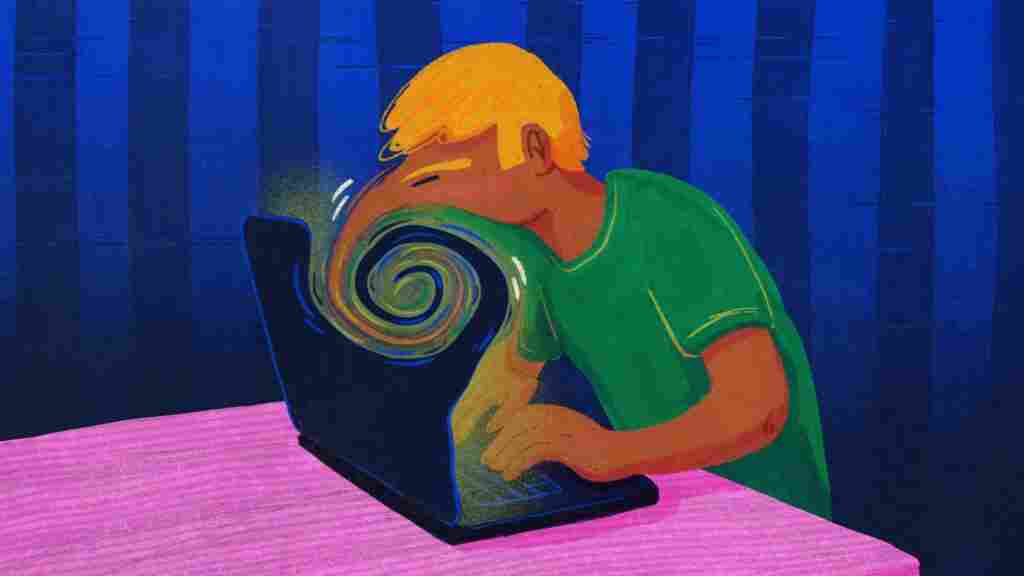
LEBANON (Enmaeya Features) – October 10, 2025
As World Mental Health Day is observed globally, awareness around emotional well-being continues to grow. In Lebanon, economic instability, political uncertainty, and digital overload are intensifying mental health struggles, even as access to quality care remains limited.
To explore how science‑based therapy and cultural reform can reshape the way we treat and talk about mental health, Enmaeya spoke with Dr. Christina Riachi, Ph.D., Consultant Psychologist and Supervisor at Brainstation, a mental health network and clinic based in Lebanon.
Riachi’s work focuses on applying evidence‑based approaches like Cognitive Behavioral Therapy (CBT) to the local context while training future mental health professionals to meet the country’s evolving needs.
The State of Mental Health
The “Fix” vs. The Root Cause: On Mental Health Day, we hear a lot about self‑care and mindfulness. While important, do you worry this focus distracts from systemic issues like financial stress, unstable work, and political crises that are driving the mental health epidemic? How do we treat a patient whose primary issue is their reality?
Self‑care and mindfulness are helpful, but they cannot heal the deeper social and economic wounds many Lebanese face daily. At Brainstation, we often see clients whose anxiety or burnout stem directly from financial uncertainty or political instability. Through CBT, we help them reframe unhelpful thoughts and regain a sense of control over what can be changed. The goal isn’t to “fix” the person, it’s to strengthen their adaptability within a difficult reality.
The Therapist Shortage Crisis: High-quality, evidence-based therapy is often inaccessible. Brainstation Clinics aim for affordability with their "Braincare" services. Beyond your own initiatives, what is the single biggest policy or educational change needed to make effective psychological care a right, not a luxury?
Evidence-based therapy remains inaccessible for many, especially amid Lebanon’s economic crisis. Brainstation’s Braincare initiative offers affordable, structured support to bridge that gap. But lasting change requires a national effort: mental health must be integrated into schools, primary healthcare, and insurance coverage. Including therapy in insurance plans would make psychological care more attainable and sustainable. Training educators in CBT-based tools can further promote early intervention, normalize care, and make mental health support a right, not a privilege.
The Digital Dilemma: Telehealth is the norm, and mental health content is everywhere on social media. What is the most dangerous piece of mental health advice or terminology you see trending online today, and how do you advise patients to filter “self-help noise” from genuine therapeutic guidance?
Therapy trends on social media and “Pop Psychology” can blur science and sensation. Overused labels like “narcissist” or “toxic” risk turning everyday stress into pathology. At Brainstation, we teach clients to apply CBT logic to what they read online, question the evidence, context, and outcome. Genuine therapy promotes accountability and practical change, not quick emotional validation. Digital content can inspire, but professional guidance keeps it grounded.
Evidence, Efficacy, and Your Approach
The “Therapy Shopping” Myth: Many people quit therapy because they felt the approach wasn’t working. Since your focus is on CBT, how do you defend a structured, evidence-based model against critics who say it’s too rigid or overlooks deeper emotional processing?
Some view CBT as “too rigid,” but research consistently demonstrates its flexibility and effectiveness. At Brainstation, every treatment plan is personalized, structured yet deeply reflective. Lebanese clients often face collective trauma or family stress, and CBT provides concrete tools to process emotions and rebuild coping skills. Structure in therapy is not a limitation; it is direction toward sustainable change.
Measuring Success: Beyond symptom reduction, how does a clinic like yours quantifiably measure whether a patient is truly thriving or just coping? What should a patient demand from their therapist in terms of observable progress?
At Brainstation Clinics, we measure progress through both standardized tools and real-life outcomes, such as improved sleep, focus, relationships, and daily functioning. CBT’s goal is skill-building, not dependency. Clients learn to become their own therapists, using measurable strategies outside sessions. True success is when coping becomes natural, not forced, when thriving replaces mere surviving.
“Braincare” as a Model: You offer “Braincare,” suggesting continuous mental wellness rather than crisis management. What are the top three non-negotiable mental “vitamins”, daily cognitive or behavioral habits, you prescribe to every client, regardless of diagnosis?
Our Braincare philosophy promotes mental wellness as a daily habit, not an emergency fix. We encourage three core practices: daily thought check-ins, one meaningful or enjoyable activity, and an act of compassion toward self or others. These CBT-based “mental vitamins” vary from one person to another, and we select them collaboratively with each client. This personalized approach enhances emotional balance and resilience, especially important in Lebanon’s fast-changing, high-stress context.
Policy, Culture, and Future Action
Ending the ‘Weakness’ Narrative: Despite decades of awareness, mental illness is still heavily stigmatized, particularly in professional environments or family settings. What is the most effective way for a reader to respond to someone who dismisses their mental health struggle as a lack of willpower or gratitude?
In Lebanon, mental illness is still wrongly equated with weakness or lack of faith. The most effective response is education through empathy, explaining that mental struggles reflect biological and cognitive processes, not moral failure. At Brainstation, we emphasize that strength lies in awareness and help-seeking. Normalizing this conversation in families and workplaces is a crucial first step toward ending stigma.
The Future of Training: Brainstation also trains future therapists. What is the most significant gap in knowledge or skill you see in newly qualified mental health professionals today, and how is your training program addressing it?
Many new therapists struggle to apply theory to complex, real-life cases. Brainstation addresses this by providing intensive supervision, live case discussions, and culturally relevant CBT training. We focus on developing critical thinking, empathy, and structured intervention planning. The goal: prepare a new generation of Lebanese therapists who are both scientifically grounded and contextually aware.
The Hardest Conversation: If you could mandate one, and only one, conversation for every family, school, or workplace to have on Mental Health Day, what would it be and what key takeaway would you want them to carry?
If we could mandate one talk, it would be: “How do we handle emotional pain together?” Whether at home, in schools, or at work, this conversation helps shift the focus from judgment to understanding. The key takeaway: mental health is collective. By listening, validating, and responding with empathy, communities can become part of the healing process.
As Lebanon continues to navigate economic and social challenges, Dr. Riachi emphasizes that therapy must evolve beyond emergency response to sustainable care. With better systems, training, and approaches that fit our culture, mental health care in Lebanon can grow from temporary fixes to long-term solutions.






